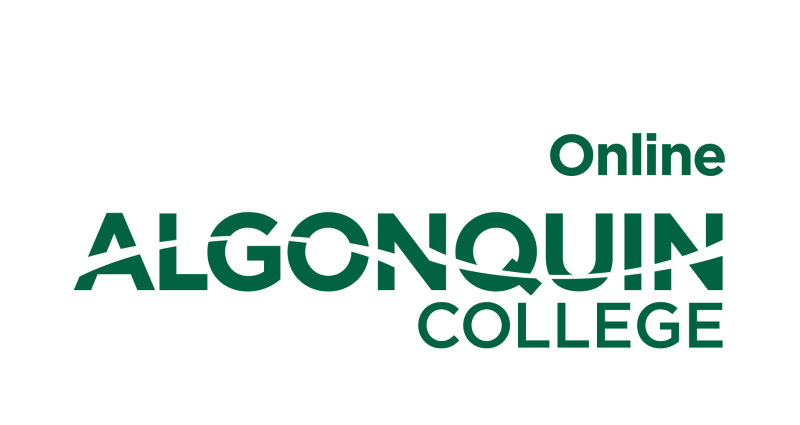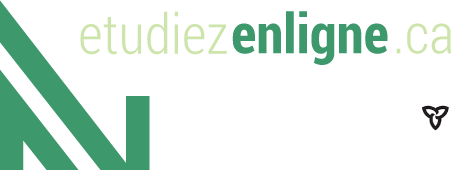Community and Justice Services
Description
Choose a career that teaches you to fight for social justice!
The Community and Justice Services Ontario College Diploma program emphasizes alternatives to policing and prisons and teaches students skills to work with people and communities to address issues such as criminalization, poverty, affordable housing scarcity, food insecurity and immigration. Through theory and practical experiences, the program teaches you to work with people and communities in ways that respect their inherent dignity and humanity. Learn to understand the historical, political and economic forces that create these social justice issues.
In this program, you develop skills such as critical analysis, advocacy, community organizing, group facilitation, conflict mediation, and individual support work with adults, youth and children. You learn the importance of addressing issues not just on an individual level, but also at a community-based level. Woven throughout the program is a commitment to human rights, social justice, and alternatives to policing and prisons. Study topics include:
To qualify for this diploma, you must complete the program within six years.
SUCCESS FACTORS
This program is well-suited for students who:
The following requirements are recommended to ensure success in the program:
Program Eligibility
PROGRAM-SPECIFIC REQUIREMENTS:
Though not an admission requirement, applicants must note the important information listed below regarding program-specific requirements.
PROGRAM PROGRESSION:
This applies to all students studying on-campus and online.
The Community and Justice Services Ontario College Diploma program emphasizes alternatives to policing and prisons and teaches students skills to work with people and communities to address issues such as criminalization, poverty, affordable housing scarcity, food insecurity and immigration. Through theory and practical experiences, the program teaches you to work with people and communities in ways that respect their inherent dignity and humanity. Learn to understand the historical, political and economic forces that create these social justice issues.
In this program, you develop skills such as critical analysis, advocacy, community organizing, group facilitation, conflict mediation, and individual support work with adults, youth and children. You learn the importance of addressing issues not just on an individual level, but also at a community-based level. Woven throughout the program is a commitment to human rights, social justice, and alternatives to policing and prisons. Study topics include:
- Indigenous studies
- anti-racism/anti-oppression
- gender and sexuality studies
- disability justice
- trauma-informed practices
- addiction and harm reduction
- mental health
- community building practices
To qualify for this diploma, you must complete the program within six years.
SUCCESS FACTORS
This program is well-suited for students who:
- Have an interest in social justice and working towards change in their community.
- Have a commitment to anti-racism.
- Have a strong sense of empathy for others.
- Are collaborative and comfortable working and learning in group environments.
- Can work independently.
The following requirements are recommended to ensure success in the program:
- Ontario Secondary School Diploma (OSSD) or equivalent; OR
- Academic and Career Entrance (ACE) certificate; OR
- General Educational Development (GED) certificate; OR
- Mature Student status (19 years of age or older and without a high school diploma at the start of the program).
Program Eligibility
- The following requirement is recommended to ensure success in the program:
- English, Grade 12 (ENG4C or equivalent).
- It is recommended applicants with international transcripts have the following IELTS, TOEFL or Duolingo scores to ensure success: IELTS-International English Language Testing Service (Academic) Overall band of 6.0 with a minimum of 5.5 in each band; OR TOEFL-Internet-based (iBT) Overall 80, with a minimum of 20 in each component: Reading 20; Listening 20; Speaking 20; Writing 20; OR Duolingo English Test (DET) Overall 110, minimum of 110 in Literacy and no score below 95.
PROGRAM-SPECIFIC REQUIREMENTS:
Though not an admission requirement, applicants must note the important information listed below regarding program-specific requirements.
PROGRAM PROGRESSION:
This applies to all students studying on-campus and online.
COURSES
Series: 01
COR1834 Canadian Legal System 1
COR1910 Social Justice Seminar
COR1914 Community and Justice Resources
COR1917 Indigenous Studies
COR1919 Interviewing and Counselling Skills
COR1959 Community Building Practices
ENL1813A Communications I
GED5007 Transatlantic Slavery and Its Abolition
Series: 02
COR1740 Mental Health
COR1800 Sexuality and Gender Studies
COR1803 Disability Justice
COR1835 Canadian Legal System 2
COR1916 Group Facilitation
COR1960 Trauma-Informed Practice
COR1961 Anti-Racism/Anti-Oppression
ENL1823A Communications II
Series: 03
COR1801 Ethics and Professional Practice
COR1802 Working with Children, Youth and Families
COR1804 Advocacy and Crisis Prevention
COR1805 Land-Based Social Justice Education
COR1806 Immigration & Settlement
COR1807 Transformative Justice
COR1949 Addictions and Harm Reduction
ENV0002 Environmental Citizenship Distance Education
Series: 04
COR1963 Integrative Seminar Distance Education
COR1965 Field Placement
COR1966 Field Placement Seminar Distance Education
Choose one from equivalencies:
GED0466 General Education Elective
Note: Check with the institution regarding start/end dates, prices, and delivery method. These may vary according to program, section, and/or semester.
COR1834 Canadian Legal System 1
COR1910 Social Justice Seminar
COR1914 Community and Justice Resources
COR1917 Indigenous Studies
COR1919 Interviewing and Counselling Skills
COR1959 Community Building Practices
ENL1813A Communications I
GED5007 Transatlantic Slavery and Its Abolition
Series: 02
COR1740 Mental Health
COR1800 Sexuality and Gender Studies
COR1803 Disability Justice
COR1835 Canadian Legal System 2
COR1916 Group Facilitation
COR1960 Trauma-Informed Practice
COR1961 Anti-Racism/Anti-Oppression
ENL1823A Communications II
Series: 03
COR1801 Ethics and Professional Practice
COR1802 Working with Children, Youth and Families
COR1804 Advocacy and Crisis Prevention
COR1805 Land-Based Social Justice Education
COR1806 Immigration & Settlement
COR1807 Transformative Justice
COR1949 Addictions and Harm Reduction
ENV0002 Environmental Citizenship Distance Education
Series: 04
COR1963 Integrative Seminar Distance Education
COR1965 Field Placement
COR1966 Field Placement Seminar Distance Education
Choose one from equivalencies:
GED0466 General Education Elective
Note: Check with the institution regarding start/end dates, prices, and delivery method. These may vary according to program, section, and/or semester.
Related Courses
- Addictions and Harm Reduction
- Canadian Legal System 1
- Communications I
- Communications II
- Community and Justice Resources
- Community Building Practices
- Canadian Legal System 2
- Ethics and Professional Practice
- Field Placement
- Field Placement Seminar
- Anti-Racism/Anti-Oppression
- Group Facilitation
- Indigenous Studies
- Interviewing and Counselling Skills
- Advocacy and Crisis Prevention
- Introduction to Criminology
- Introduction to Psychology
- Introduction to Sociology
- Mental Health
- Integrative Seminar
- Sexuality and Gender Studies
- Social Justice Seminar
- Trauma-Informed Practice
- Working with Children, Youth and Families
- Youth Justice
- Disability Justice
- Transformative Justice
- Transatlantic Slavery and Its Abolition
- Land-Based Social Justice Education
- Immigration & Settlement
- Environmental Citizenship
Overview

- Institution: Algonquin College
- Program type: Diplôme
- Language: English
- Program Code: 0466X07PAO
- Delivery Method: Entièrement en ligne/à distance
Disclaimer:
Check with the institution regarding start/end dates, prices, and delivery method. These may vary according to program, section, and/or semester.
Check with the institution regarding start/end dates, prices, and delivery method. These may vary according to program, section, and/or semester.
